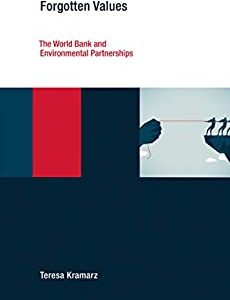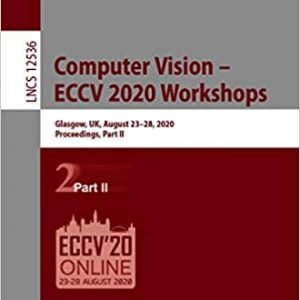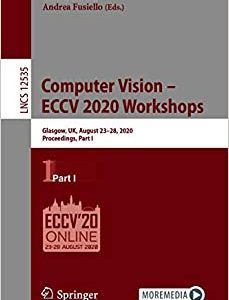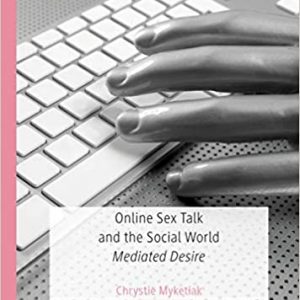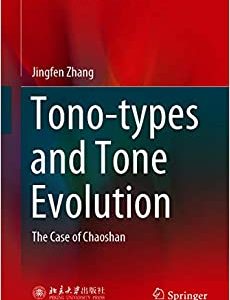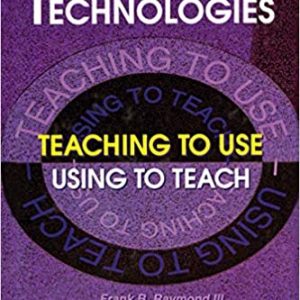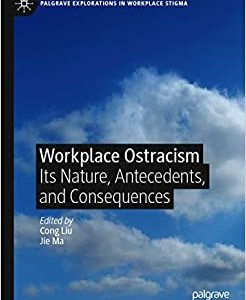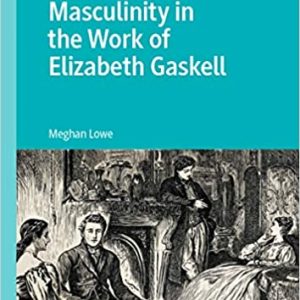The growing maker movement in education has become an integral part of both STEM and STEAM learning, tapping into the natural DIY inclinations of creative people as well as the educational power of inventing or making things. And yet African American, Latino/a American, and Indigenous people are underrepresented in maker culture and education. In this book, Nettrice Gaskins proposes a novel approach to STEAM learning that engages students from historically marginalized communities in culturally relevant and inclusive maker education. Techno-vernacular creativity (TVC) connects technical literacy, equity, and culture, encompassing creative innovations produced by ethnic groups that are often overlooked.
TVC uses three main modes of activity: reappropriation, remixing, and improvisation. Gaskins looks at each of the three modes in turn, guiding readers from research into practice. Drawing on real-world examples, she shows how TVC creates dynamic learning environments where underrepresented ethnic students feel that they belong. Students who remix computationally, for instance, have larger toolkits of computational skills with which to connect cultural practices to STEAM subjects; reappropriation offers a way to navigate cultural repertoires; improvisation is firmly rooted in cultural and creative practices. Finally, Gaskins explores an equity-oriented approach to making that pays explicit attention to pedagogical philosophies and practices as well as the sociopolitical values and purposes of making. She describes TVC habits of mind and suggests methods of instructions and projects.


